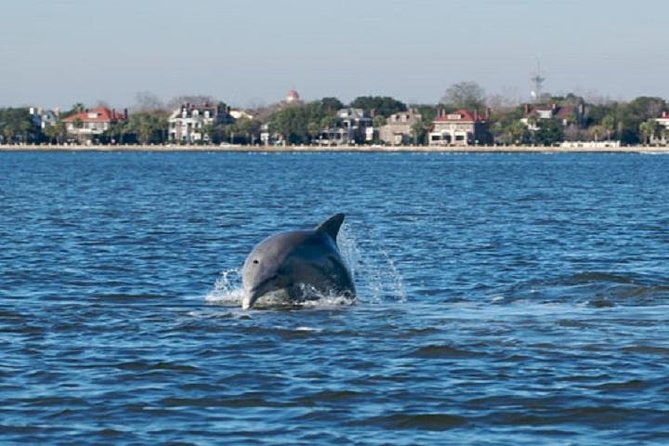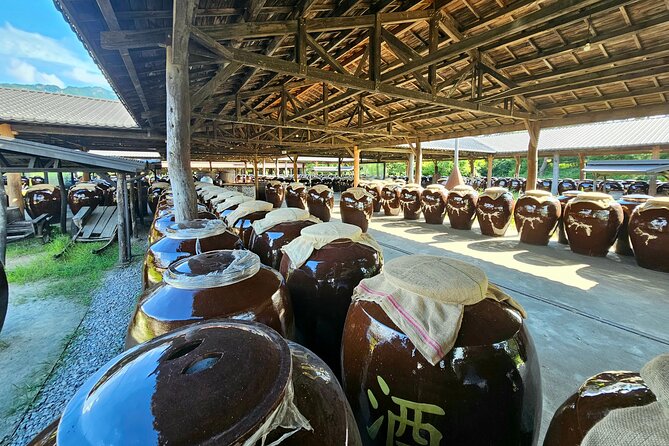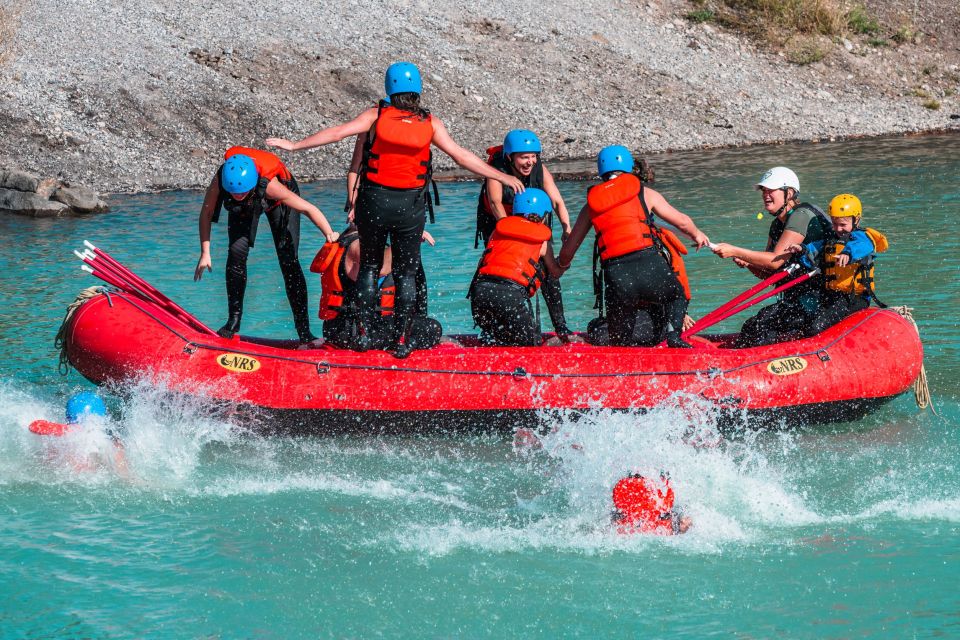Amidst the alluring alpine landscapes, AST 1: Avalanche Skills Training Level 1 beckons participants to grasp the basics of backcountry safety with precision.
From snow science to rescue techniques, this course equips outdoor enthusiasts with vital skills for navigating avalanche terrain.
But beyond the technical know-how lies a deeper emphasis on decision-making and risk assessment in the face of unpredictable mountain conditions.
As the snow-covered slopes whisper tales of adventure and caution, the AST 1 course stands as a gateway to a world where preparedness is paramount.
Key Points
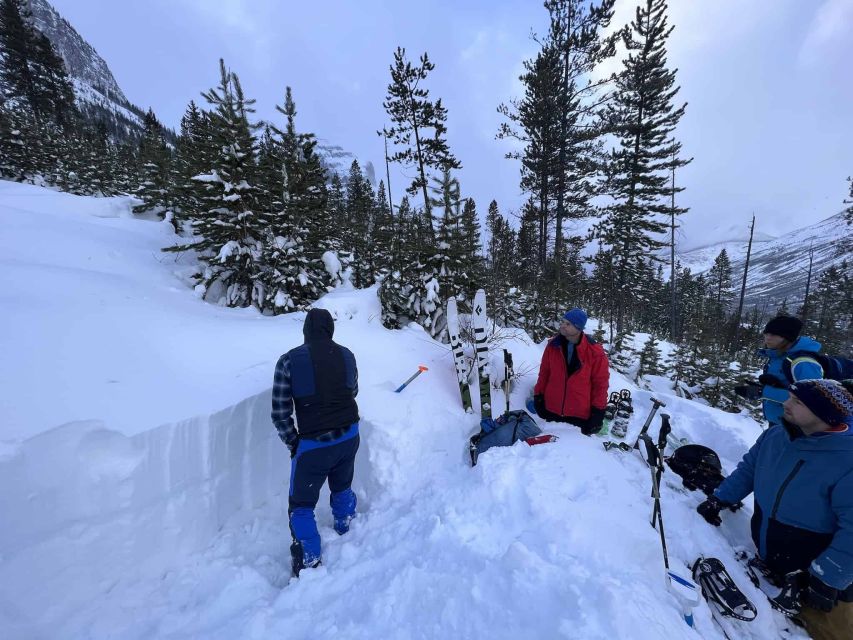
- Understand avalanche hazards, weather patterns, and mountain conditions.
- Learn essential avalanche safety skills from certified guides.
- Acquire crucial survival skills for backcountry situations.
- Participate in companion rescue simulations to test and enhance new skills.
Activity Details
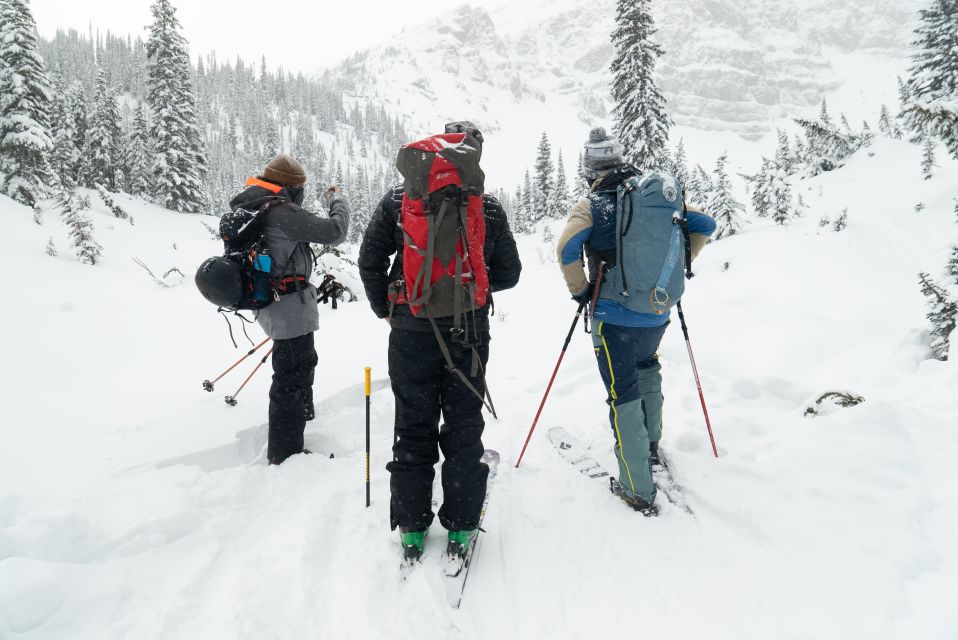
Participants can reserve their spot for the Avalanche Skills Training Level 1, a 2-day course that includes free cancellation up to 24 hours before the activity and the option to pay later to maintain travel flexibility.
This course focuses on avalanche awareness and safety, educating participants on mountain conditions and weather patterns that contribute to avalanche risks. By understanding these factors, you can learn to avoid and manage avalanche scenarios effectively. The course also equips participants with essential survival skills necessary for backcountry safety.
On top of that, there’s a practical component where participants engage in a companion rescue simulation to apply their newfound knowledge in a real-life scenario. Upon completion, participants receive an AvCan certificate, recognizing their competency in avalanche safety.
Experience Highlights
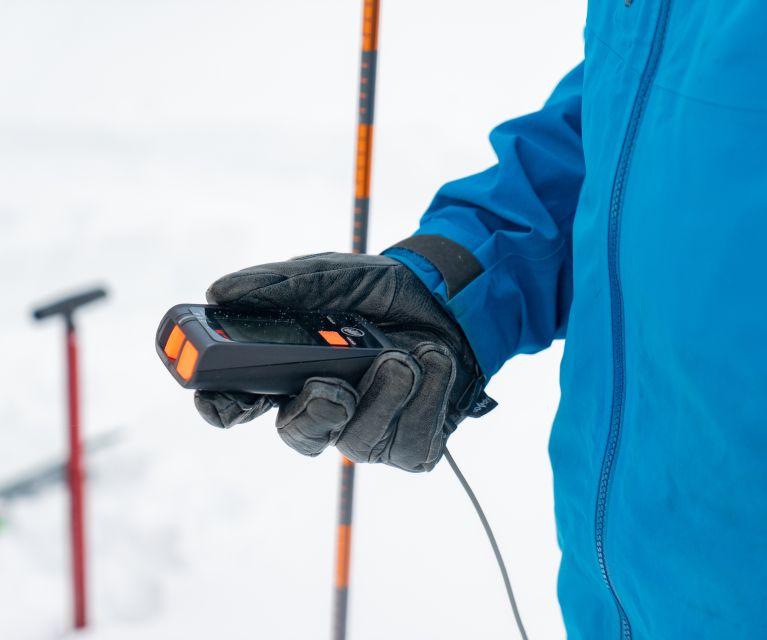
Discover how this course enhances your understanding of avalanche conditions and equips you with crucial survival skills for backcountry safety.
-
Participate in avalanche simulations to experience real-life scenarios.
-
Learn essential survival skills for backcountry safety from certified guides.
-
Gain insights into weather patterns that contribute to avalanche risks.
-
Engage in companion rescue simulations to practice newly acquired skills.
Course Content
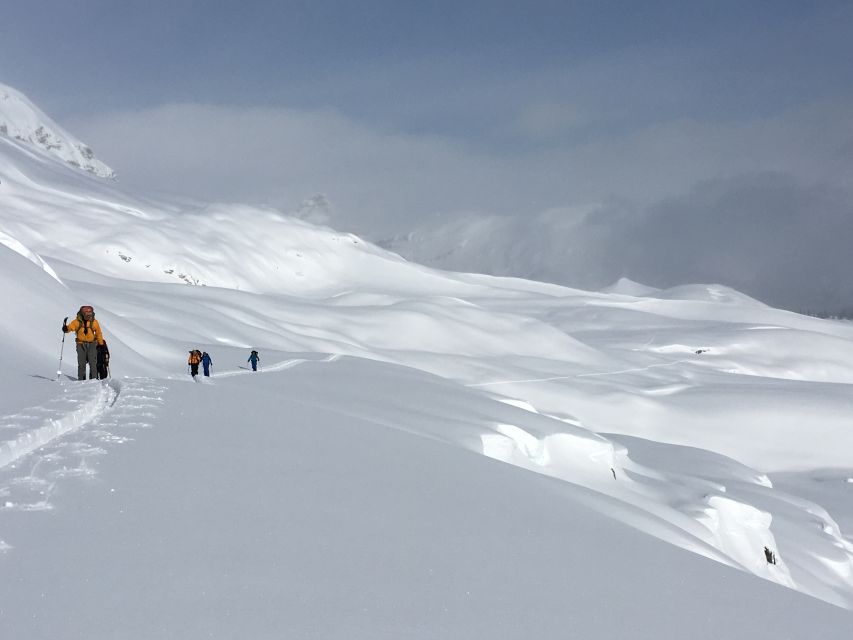
Engage in a comprehensive 2-day course that covers avalanche hazards, safety skills, survival techniques, and companion rescue simulations to equip participants with essential backcountry knowledge and expertise. The course content focuses on avalanche awareness and safety techniques, providing a well-rounded education on how to navigate the risks of backcountry terrain effectively. Below is a breakdown of the key components covered in the course:
| Course Content | Details |
|---|---|
| Avalanche Hazards | Gain knowledge on avalanche triggers and conditions. |
| Safety Skills | Learn essential safety techniques from certified guides. |
| Survival Techniques | Acquire crucial skills for surviving in backcountry situations. |
| Companion Rescue Simulation | Engage in practical scenarios to test rescue skills. |
| Certificate | Receive an AvCan certificate upon course completion. |
Full Description & Curriculum
The full description and curriculum of the Avalanche Skills Training Level 1 course provide a rundown of the theory and practical components essential for understanding and navigating avalanche hazards in backcountry terrain.
- Theory Session: Understanding mountain conditions and avalanche hazards.
- Field Day Simulations: Practical application in Banff National Park.
- Companion Rescues: Simulated scenarios to test new skills.
- Snowpack Analyses: Learning to recognize weak layers for safety.
Participants will engage in a theory session to grasp the fundamentals of avalanche hazards and then apply this knowledge during field day simulations in Banff National Park. Through companion rescue scenarios and snowpack analyses, individuals will develop crucial skills for backcountry safety, focusing on terrain assessment, group dynamics, and risk management.
AST 1 Course Breakdown
The AST 1 course is structured into theory and practical components, with a classroom session delivered via Zoom for the training curriculum.
The field practice portion takes place at Bow Summit or Vermilion Pass, focusing on simulated companion rescues, snowpack analyses, and risk assessment. Participants engage in hands-on activities like weak layer recognition and terrain use to apply theoretical knowledge learned in the classroom session.
Emphasis is placed on developing skills related to avalanche safety, avoidance strategies, group dynamics, and understanding risk tolerance levels. Throughout the field day, certified guides provide detailed information on how to conduct risk assessments in real-time scenarios, preparing participants for backcountry situations where quick decision-making is crucial.
Training Curriculum Overview
After completing the theory and practical components of the AST 1 course, participants gain a rundown of the training curriculum, focusing on essential skills for avalanche safety and risk assessment.
- Understanding avalanche hazards and weather patterns
- Learning avalanche safety skills from certified guides
- Acquiring survival skills crucial for backcountry situations
- Engaging in companion rescue simulations
This training overview provides students with a solid foundation in avalanche safety skills, equipping them with the knowledge and capabilities necessary to navigate and assess avalanche risks effectively.
Through a combination of theoretical knowledge and practical exercises, participants develop the skills needed to make informed decisions and mitigate potential dangers in avalanche-prone environments.
Practical Field Day Activities
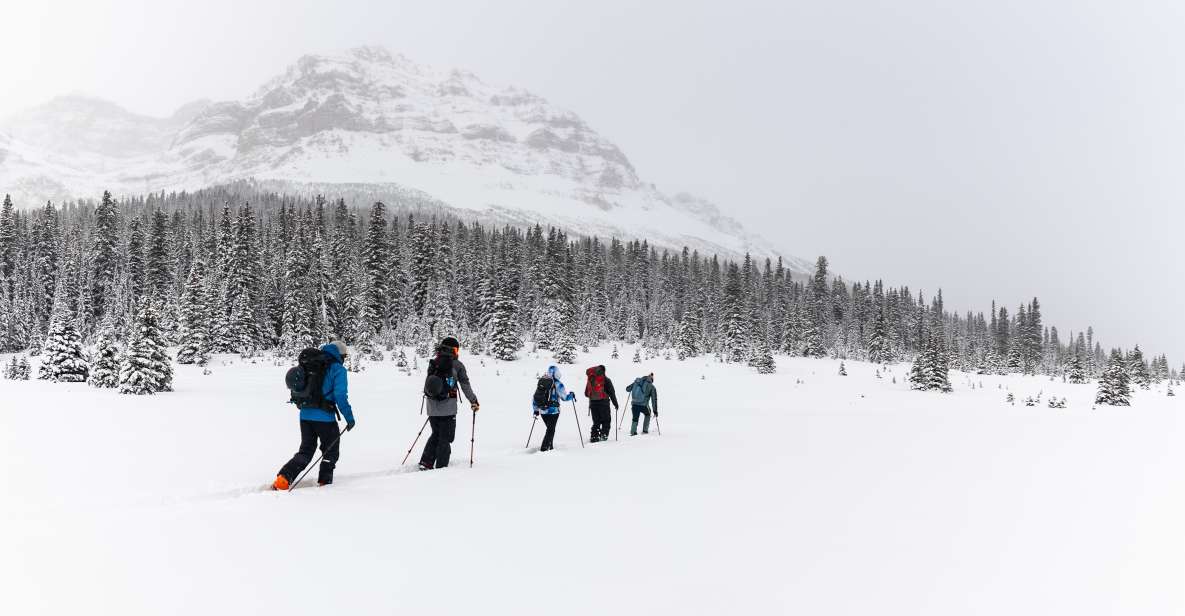
What activities are included in the practical field day portion of the Avalanche Skills Training Level 1 course? The field day involves essential field exercises and in-depth snowpack analysis to equip participants with hands-on experience and practical skills. Below is a breakdown of the activities typically conducted during the practical field day:
| Field Exercises | Snowpack Analysis |
|---|---|
| Simulated rescue scenarios | Examining snow layers |
| Terrain assessment | Identifying weak layers |
| Avalanche transceiver practice | Probing techniques |
| Group dynamics in the backcountry | Decision-making processes |
These activities aim to provide participants with the necessary practical knowledge and skills to navigate avalanche terrain safely and effectively.
Certification and Course Completion
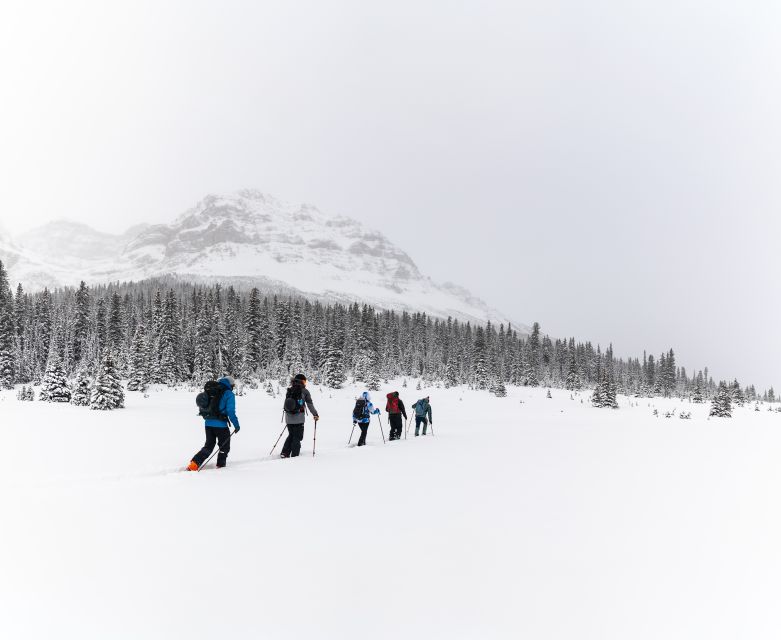
Upon successful completion of the Avalanche Skills Training Level 1 course, participants receive a certification recognized by AvCan. This certification opens up a range of benefits and opportunities for those interested in backcountry activities and avalanche safety.
The course requirements for achieving this certification include attending all sessions, actively participating in practical activities, passing the written exam, and demonstrating competence in companion rescue simulations.
The certification not only validates the individual’s understanding of avalanche safety but also enhances their credibility in outdoor recreation circles. Plus, AvCan certification holders often find it easier to join advanced courses, gain access to certain backcountry areas, and may even enjoy discounted rates on avalanche safety equipment.
Common questions
What Personal Gear and Equipment Do Participants Need to Bring for the AST 1 Course?
Participants need to bring essential personal gear and equipment for the course. Gear requirements include proper winter clothing, avalanche safety equipment (transceiver, probe, shovel), backpack, ski or snowboard gear, food, water, and a first aid kit.
Are There Any Physical Fitness Requirements or Limitations for Participating in the Course?
Physical requirements for the course include moderate fitness levels for hiking in snow-covered terrain. Medical limitations such as severe heart conditions or mobility issues may restrict participation. It’s essential to disclose any concerns prior to enrollment.
Can Participants Rent or Purchase Avalanche Safety Gear On-Site if They Do Not Already Own It?
Participants can rent avalanche safety gear on-site if needed. Safety equipment purchase options are also available for those who prefer to own their gear. This ensures everyone can access the necessary tools for a safe experience.
How Many Instructors or Guides Are Typically Present During the AST 1 Course?
During the AST 1 course, participants can expect a favorable instructor ratio for personalized attention. Safety equipment is crucial, and guides ensure readiness. Typically, multiple guides are present to facilitate learning and provide support throughout the training.
Is There a Minimum Age Requirement for Participants Taking the AST 1 Course?
There is no specified minimum age requirement for participants taking the course. Safety equipment such as avalanche transceiver, probe, and shovel is essential. Ensure participants are physically fit and mentally prepared for backcountry challenges.
Not for you? Here's more of our most recent tour reviews happening neaby
- Golden, BC: Kicking Horse River Family Rafting With Lunch
- Golden, BC: Kicking Horse River Half Day Whitewater Rafting
- Heli Adrenaline Canyoning Tours
- Bugaboos: Ski Basecamp
- Calgary Airport Transfer to Canmore, Banff and Lake Louise
- Columbia Icefield Adventure 1-Day Tour From Calgary or Banff
- From Banff or Lake Louise: Moraine Lake & Larch Valley Hike
- Yoho National Park: Cross Country Ski at Emerald Lake
- Clearwater County: Canadian Rockies Scenic Helicopter Tour
- Vancouver Whale Watching Safari
Sum Up
To sum it up, the AST 1: Avalanche Skills Training Level 1 course provides outdoor enthusiasts with essential knowledge and skills to safely navigate backcountry terrain. Through a blend of theory sessions and practical field exercises, participants learn about mountain conditions, weather patterns, and avalanche hazards.
Certified guides lead students through companion rescue simulations, snowpack analyses, and terrain assessments, emphasizing the importance of group dynamics, risk tolerance, and decision-making. Upon completion, participants receive an AvCan certificate, validating their expertise in avalanche awareness and safety protocols.


